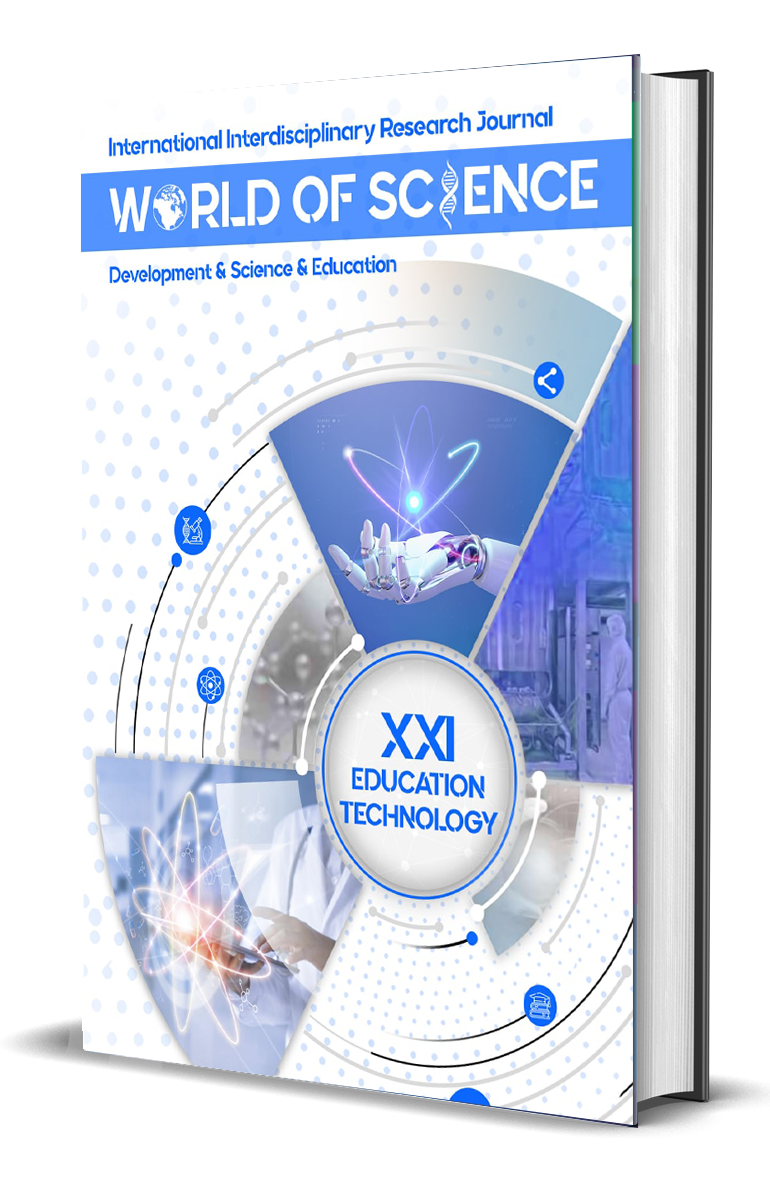TRANSITIONING TO INDEPENDENCE: ADAPTING TEACHING APPROACHES FOR MIDDLE SCHOOL LEARNERS
Keywords:
middle school, transition, independence, critical thinking, self-regulation, student-directed learning, inquiry-based learning, time management, emotional awarenessAbstract
As students progress from the structured environment of elementary school to the more autonomous world of middle school, they face a significant shift in academic and social demands. To ensure a successful transition, educators must adapt their teaching approaches to meet the unique needs of this developmental stage. This article explores strategies for fostering independence, developing critical thinking skills, and nurturing self-regulation in middle school learners. By empowering students to take ownership of their learning, think critically about complex concepts, and effectively manage their time, emotions, and behavior, educators can equip young adolescents with the essential competencies needed to thrive in the years ahead.
References
Caskey, M. M., & Anfara, V. A. (2014). Developmental characteristics of young adolescents. Association for Middle Level Education.
National Middle School Association. (2010). This we believe: Keys to educating young adolescents. Author.
Eccles, J. S., & Roeser, R. W. (2011). Schools as developmental contexts during adolescence. Journal of Research on Adolescence, 21(1), 225-241.
Weiss, C. C., & Kipnes, L. (2006). Reexamining middle school effects: A comparison of middle grades students in middle schools and K-8 schools. American Journal of Education, 112(2), 239-272.
Schunk, D. H., & Zimmerman, B. J. (Eds.). (2012). Motivation and self-regulated learning: Theory, research, and applications. Routledge.
Dweck, C. S. (2006). Mindset: The new psychology of success. Random House.
Hmelo-Silver, C. E. (2004). Problem-based learning: What and how do students learn? Educational Psychology Review, 16(3), 235-266.
Vygotsky, L. S. (1978). Mind in society: The development of higher psychological processes. Harvard University Press.
Hattie, J. (2008). Visible learning: A synthesis of over 800 meta-analyses relating to achievement. Routledge.
Darling-Hammond, L., Flook, L., Cook-Harvey, C., Barron, B., & Osher, D. (2020). Implications for educational practice of the science of learning and development. Applied Developmental Science, 24(2), 97-140.





